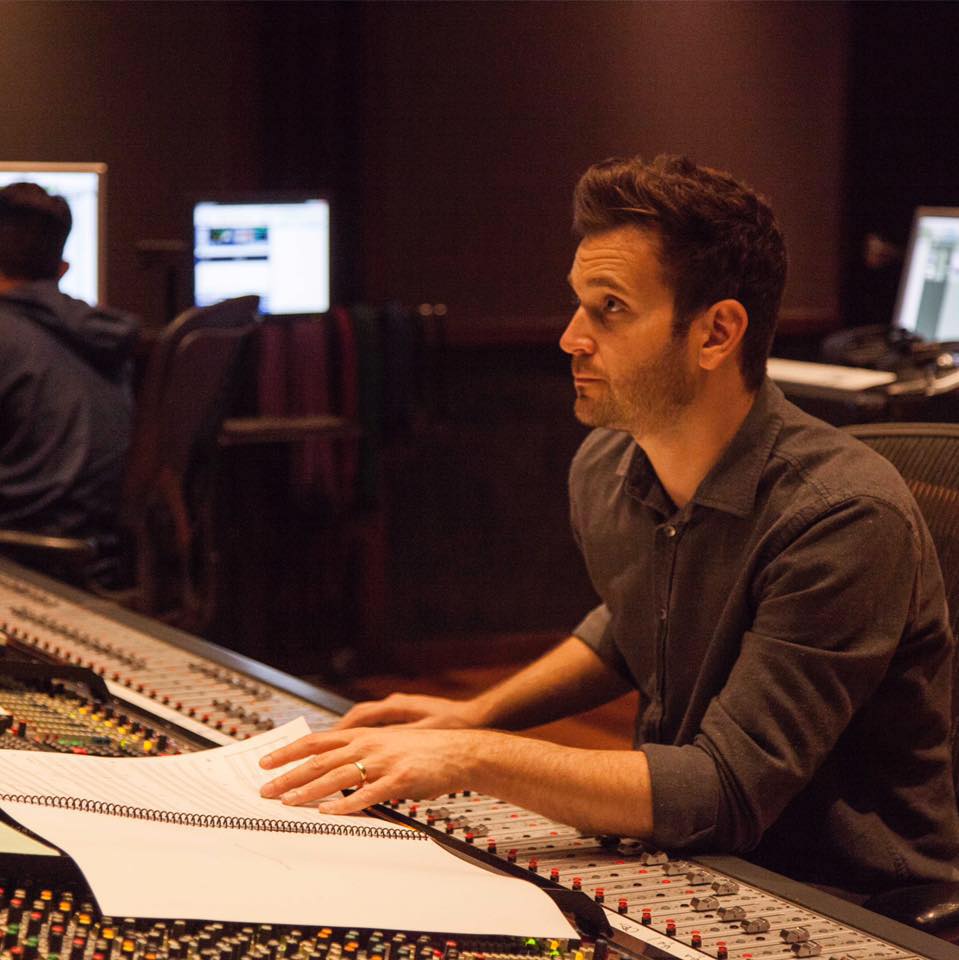My job as a Score Mixer/Music Producer in the film and tv space has a pretty general definition on the surface. Like most jobs of this millennium I end up wearing a whole lot of hats. A quick intro to what it is I do: You know when you hear an acoustic demo of a famous song, the demo the artist made before they made that famous record? (e.g. Strawberry Fields Forever – Demo Sequence/Anthology 2 version by The Beatles is quite a good one) My job lies in taking that demo and helping the artist create that final album version with all the bells and whistles. The main difference is that my clients are composers writing music for Film and Television.
Make no mistake, any working Hollywood composer is a music producer in their own right, my job is a collaborative one. Along with orchestrators, programmers, editors and a whole team of support, we help the composer and ultimately the film or show complete the score. The unique thing about my part of the pipeline is I come at the very end. My job is that of a closing pitcher. My client and the director will have spent months figuring out where and what the music needs to be doing during any specific scene. Once that’s all nailed down, it’s time to actualize it, record it and mix it. In short, it’s time to finish it.
This idea of hopping in at the very end of a process to help finish something so carefully crafted can be a precarious one. It takes a certain kind of collaborative skill to be able to take the reins of someones hard work and confidently do your job while maintaining the trust of your client. The further along something is, the more precious it is, so the stakes are high when you think about the personal and emotional investment of those who came before you. It’s akin to someone building a custom home with their bare hands, laboring over every detail, every light switch, every angle, then trusting you explicitly to paint, decorate and choose all the finishes. They are relying on both your artistic taste and technical skill to take their music to that next level. It’s delicate for sure.
The key to this in my experience is demeanor, talent needs to be there, but without the right social graces, talent won’t matter at all. 95 percent of my career is contingent on me being able to stay in a windowless room for 12 hours a day with my client, day after day, and upon finishing the project have them still like me as much as they did when we started. Distilled down: you’ve got to be a good hang.
Part of that social grace is knowing to check your ego at the door.I grew up in the restaurant business, my father ran a restaurant in LA’s San Fernando Valley for over 30 years, watching him interact with customers on a daily basis gave me the foundation upon which my client interactions are built. Many of us, no matter what job we have or what industry we’re in, know deep down we’re in customer service. Essentially we’re all waiters, and that’s a good thing. Applying top notch hospitality and service while maintaining a great social rapport with your customer is what makes a waiter really great at their job, it’s also what makes for a great working relationship in music.
Musicians and artists are often fragile people. They care deeply about what they’re creating. To be entrusted with their art time after time is not only one of the greatest honors they can bestow on a person like myself, it’s also a positively reinforcing benchmark of my own ability and skillset. Staying aware of those facts is a big step towards being a great collaborator.
In closing: never losing sight of the collaborative relationship, checking that ego, and being a really fantastic waiter are what I see as the key’s to success in my little corner of the Entertainment industry. Yet something tells me this is true pretty much anywhere.


